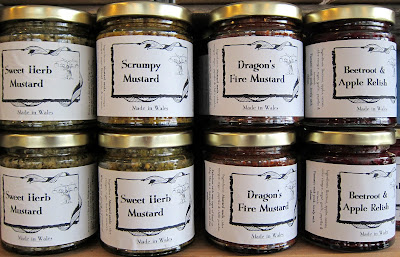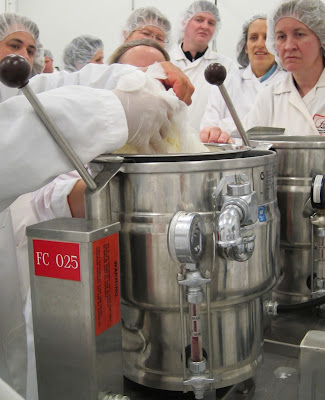Flavourful Saskatoon, March 13, 2017
Veggie Options at Boffins
I'm pleased to see a variety of vegetarian/vegan dishes on Boffins’ new lunch menu. There’s a pasta dish with squash, chickpeas, almonds, Portobello mushroom; a kidney bean patty with walnuts and corn salsa, and vegan harissa cheese; a halloumi and winter vegetable fritter in a sweet potato naan; and housemade paneer in an eastern spice blend. Additional veggie options are displayed on their website. Now – if they could just improve their evening menu!
Downtown Grocery Store
City of Saskatoon staff has been asked to study the market for a downtown grocery store. Let’s hope the results are encouraging.
Think Outside the Bean
My brother and his wife picked up a package of Wize Monkey coffee leaf tea at Dad’s Organic Market. Apparently, coffee leaf tea has been consumed in Ethiopia and Indonesia for over 200 years ago. It doesn’t taste of coffee and is supposed to be rich in some rare antioxidants. The Vancouver-based company has made personal contact with a coffee farmer in Nicaragua and believe their product can provide year-round employment rather than a short coffee bean harvesting season.
Subtle Soup
I’ve noticed that a lot of prepared soups in North America are spicy (chili, curry, hot and sour, Thai). In Europe, there are more subtle flavours. My favorite in Great Britain is fresh pea and mint. In France, I discovered a lovely zucchini, hazelnut, and parmesan soup. Inspiration for future soup-making.
Is Organic Food Better For Us?
A recent report from the European Parliament has concluded that organic food systems offer clear health benefits. “Their findings are clearest when it comes to minimizing exposure to pesticides and to antibiotics used in livestock production. But the report also found that organically grown produce tends to contain less of the toxic metal cadmium—which the authors note is ‘highly relevant to human health.’”
Another report argues that organic farming is better than conventional farming in some important ways (farm workers are exposed to less pesticides and the food has more vitamins and is slightly healthier). It’s also friendlier to bees and other wildlife. On the other hand, “Lower organic yields mean that more land is put to work. And for the same amount of food produced, organic farms also tend to release more nitrogen pollution than conventional farms.” The report ends on a positive note: “Organic farming is helping to drive a move towards sustainable agriculture by encouraging conventional farmers to adopt environmentally friendly practices.”
Energy-Efficient Food Transportation
“In the US alone, diesel fuel accounts for about 25% of total energy consumed within the food system. To cut down on this, all farms will have to adapt to energy-efficient transportation methods, such as electric or hydrogen fuel cell trucks.” Interestingly enough, this means that “A French wine can have a smaller carbon footprint than wine from Napa Valley since the ocean transport has a smaller footprint than a cross-country trip by diesel truck.”
Flavourful Saskatoon is a weekly Monday feature. I also post articles about food that is good, clean and fair; travel; and books. You may also enjoy EcoFriendly Sask profiling Saskatchewan environmental initiatives and events.
You can follow Wanderlust and Words on Facebook, Twitter, or by email (top right corner).






Comments